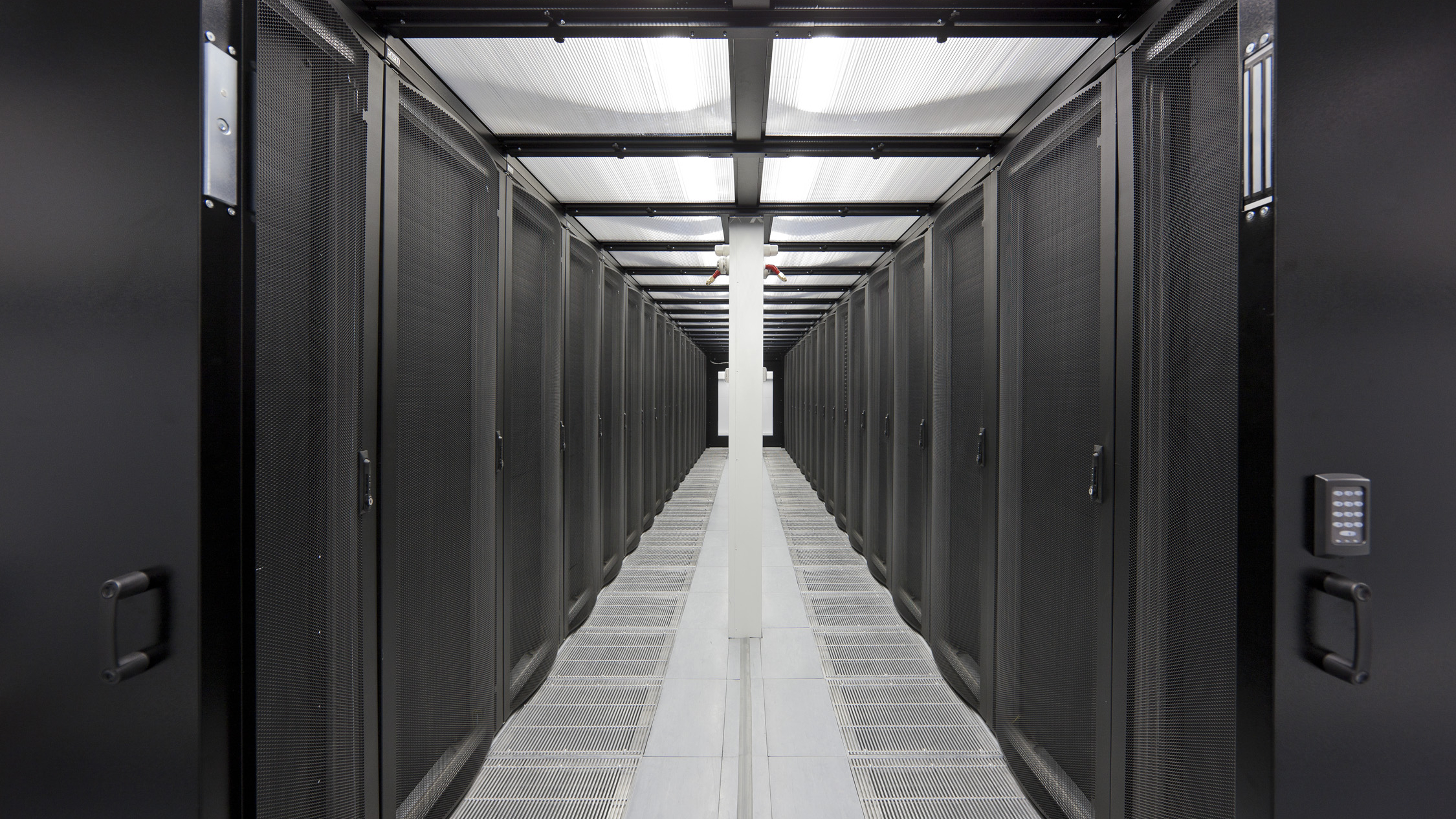Data centre trends: the reasons why colocation is growing in importance
Is colocation right for you?

Today, data underpins everything we do, and in this environment, having a reliable, flexible, robust and secure data centre is vital. We speak to Rowdy Van Rijn, Hosting and Colocation Solution Manager, Colt Data Centre Services, to find out how data centre strategy has evolved and why more and more organisations are opting for colocation.
TechRadar Pro: How has the data centre market changed in recent years?
Rowdy Van Rijn: Over the past couple of years, we've seen an increasing dependence on new technologies like cloud and virtualisation. The modern company has evolved to run on its data and, as you can imagine, the data centre now plays a crucial role in supporting the business and creating a competitive advantage.
Today, data centre strategy has never been so important and, with a continuously changing business landscape, more and more companies are turning to colocation. In fact, recent Gartner research showed that adoption of colocating and hosting grew by 8% in 2013, with a further 12% increase expected in 2014. We've also recently expanded two of our European data centres; one in London and one in Hamburg, to meet increasing customer demand.
TRP: Why has the demand for colocation grown in recent years?
RR: There are a number of reasons. Firstly, businesses are evolving quicker than ever before which puts increasing demands on IT infrastructure. This, in turn, is causing organisations to look for increased scalability and flexibility. Our recent Tech Deficit research supports this assertion, with 71% of UK IT decision makers suggesting that greater flexibility is key to enabling business changes in strategy.
Secondly, the recent economic crisis has encouraged organisations to focus on their core competencies and leave the professionals to execute their data centre strategy.
Sign up to the TechRadar Pro newsletter to get all the top news, opinion, features and guidance your business needs to succeed!
Thirdly, best-in-class colocation can now provide companies with more than just rack space within a third-party facility. As well as supplying the power and cooling infrastructure, colocation providers now offer associated services, such as managed hosting, cloud solutions and network solutions – all with varying degrees of management and control.
These options offer extended functionality, as well as a flexible IT layer, supplementary to the customer's core IT infrastructure. So not only does colocation remove the big capital outlay associated with an in-house data centre build, but it ensures that customers' data centre needs will be met, regardless of whether the company's strategy or market conditions change.
TRP: What should enterprises consider when looking for a colocation provider?
RR: There are many variables to consider when selecting a colocation provider, but priorities will vary depending on the business drivers and objectives. So before making any decisions, organisations need to first understand why they are co-locating their critical IT infrastructure. Core aspects for consideration include: power, location, equipment and security. Carrier neutrality, carrier cluster benefits and low latency will also come into play to support performance.
A key component in the selection process should also be the operational excellence of the onsite teams that are responsible for both operating the data centre and the uptime of its systems and infrastructure. The Uptime Management & Operations award is a clear indication for operation quality and performance on site.
Further tangible quality indicators are certifications for areas including security, waste management and renewable energy, as well as trained specialist staff for running the data centre monitoring and evaluation and managed services.
TRP: How can customers discern between providers in terms of resilience?
RR: Power and cooling mechanisms are the lifeblood of the data centre. Therefore, it's important that colocation providers have suitably invested in the right processes, methods and technologies to protect these variables both now, and in line with future demands.
As a naturally risk averse industry, protection and resilience against this lifeblood have formed the foundations of data centre tiering. Various tiers highlight differing levels of resilience, business continuity and operational excellence. So colocation providers that are able to meet tiering standards for resilience can provide customers with a clear indication that they are committed to avoiding downtime.

Désiré has been musing and writing about technology during a career spanning four decades. He dabbled in website builders and web hosting when DHTML and frames were in vogue and started narrating about the impact of technology on society just before the start of the Y2K hysteria at the turn of the last millennium.